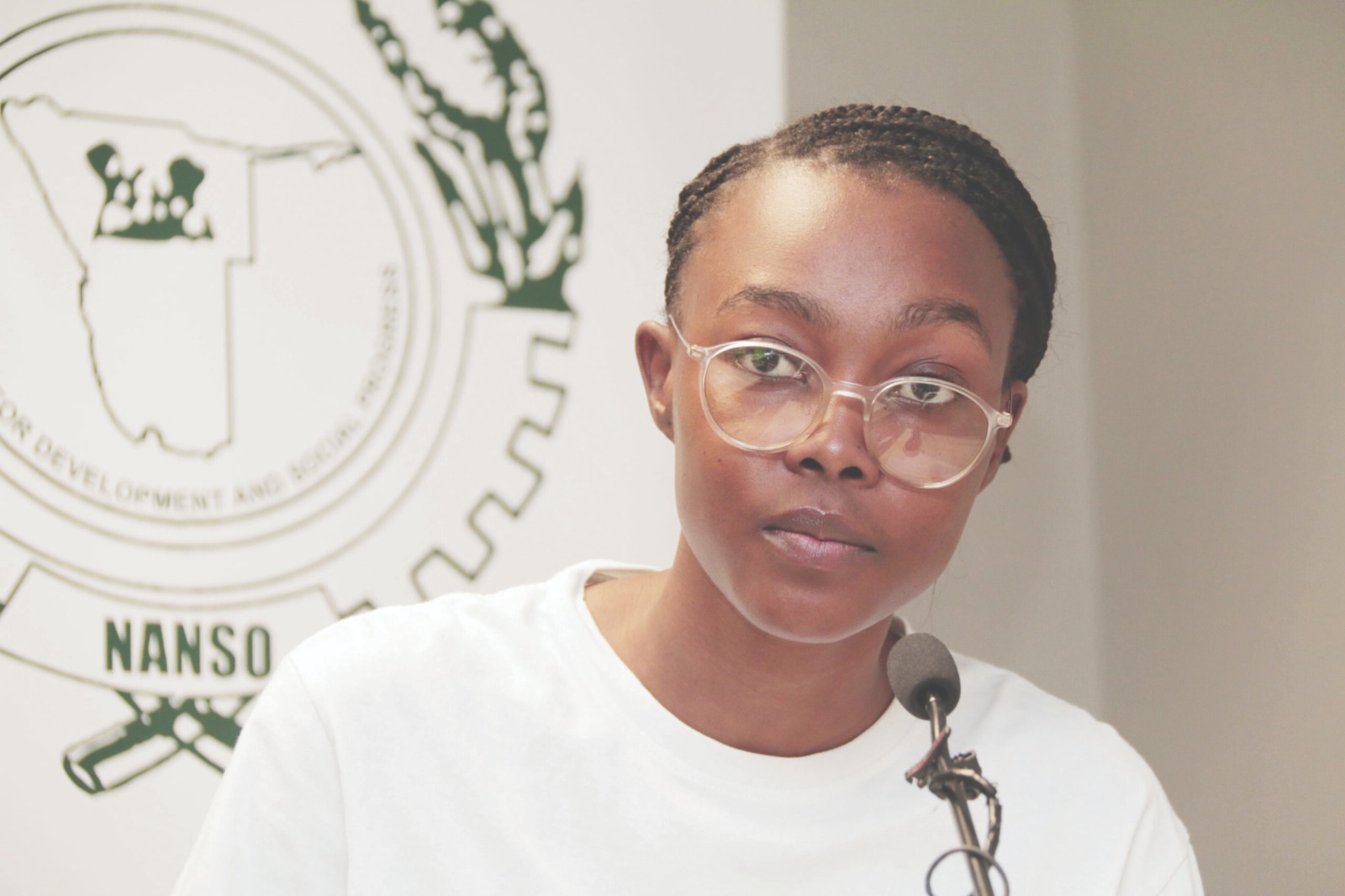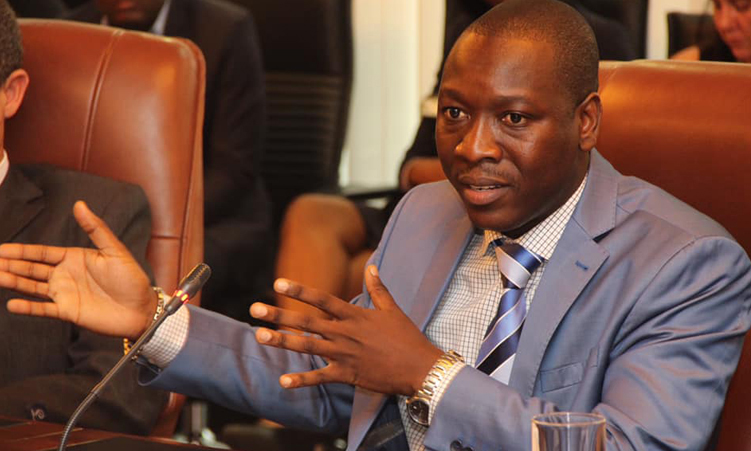The Namibia National Students Organisation (Nanso) does not welcome the ban on political activities at the University of Namibia (Unam).
Nanso president Dorthea Nangolo yesterday told Desert Radio this policy stifles students’ rights.
The university came under fire last week after a group of students participated in an unauthorised march at the main campus.
The institution issued a countywide ban on political activities at its campuses in April.
“As Nanso, our stance has always been that we do not welcome the policy, because Unam is an institution that offers political science as a course.
“The fact that it offers such means it recognises the role of politics and the role of shaping young people and their participation in politics, governance and overall democracy in the country,” Nangolo said.
She said the institution grooms politicians and young people to participate in the country’s political landscape.
“The university has registered political societies whose mandates are to carry out political activities. We also have societies that are registered as youth leagues of various political parties.
“Having such a policy that says you are automatically deregistering these societies whose mandates are to carry out politics at the institution is wrong,” Nangolo said.
She said no other platform apart from the university provides students exposure to different political parties.
“The moment we do not allow such activities to take place at our institutions, we are automatically preventing young people from being informed about politics and shape,” Nangolo said.
Banning such activities means “a certain calibre of politicians” will be lost, she said.
“Young people are the majority of voters at this time. It does not make sense to register political societies, and at the same time you cut out on their mandates,” she said.
‘AGAINST THE LAW’
Popular Democratic Movement (PDM) lawmaker Inna Hengari says student politics has given birth not only to her but a number of young politicians.
“Such directives go beyond the spirit and letter of the Constitution and what it intended for all Namibians,” she says.
“Is it really right that the university is registered as a registration point or a polling station? Are all these activities not political in their nature?
“You have allowed a university to become a registration point for these students to register as eligible voters, then give them the same rights to engage in politics.
“It does not make sense to me, and we need to address this issue with the urgency that it deserves,” she said.
Political analyst Ndumba Kamwanyah says universities are by nature political.
“The University of Namibia itself is deeply rooted in politics. The idea to have Unam emerge after the struggle of independence was influenced by politics,” he says.
He says the core mandate of Unam is based on research, community engagement, and innovation and development.
“All those elements are in political issues. To limit political participation is a violation of freedom of expression and academic freedom.
“A university is supposed to be a space for contrasting ideas, for engagements and a place where students before they graduate can experiment with politics,” Kamwanyah says.
He says universities are by nature institutions of “anger”.
“You cannot separate them from the issues affecting communities,” he says.
“Such a directive is contradicting the Unam mantra of ‘open your mind’. You cannot open your mind if you are restricting students from participating in political issues.”
Stay informed with The Namibian – your source for credible journalism. Get in-depth reporting and opinions for
only N$85 a month. Invest in journalism, invest in democracy –
Subscribe Now!










